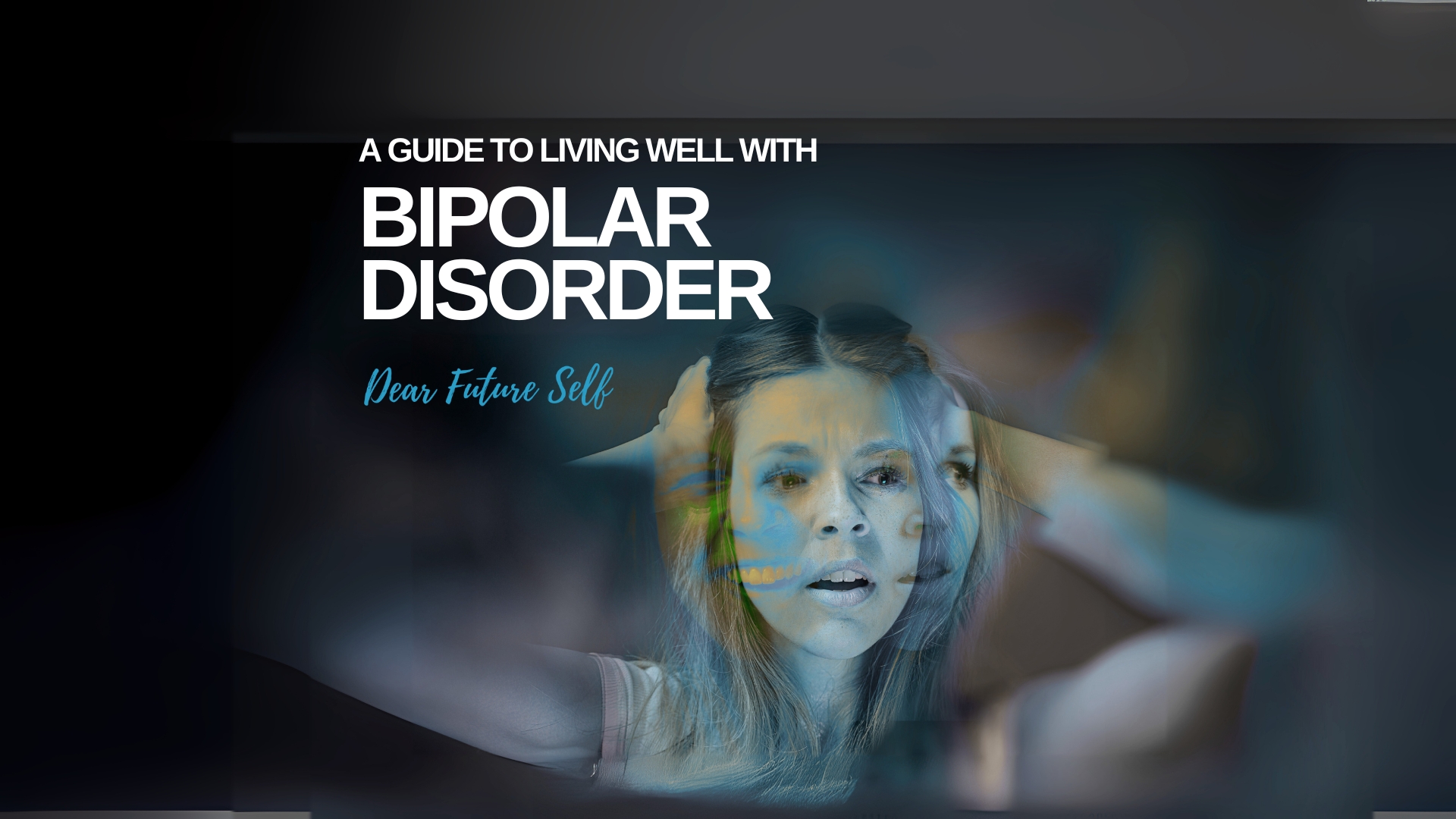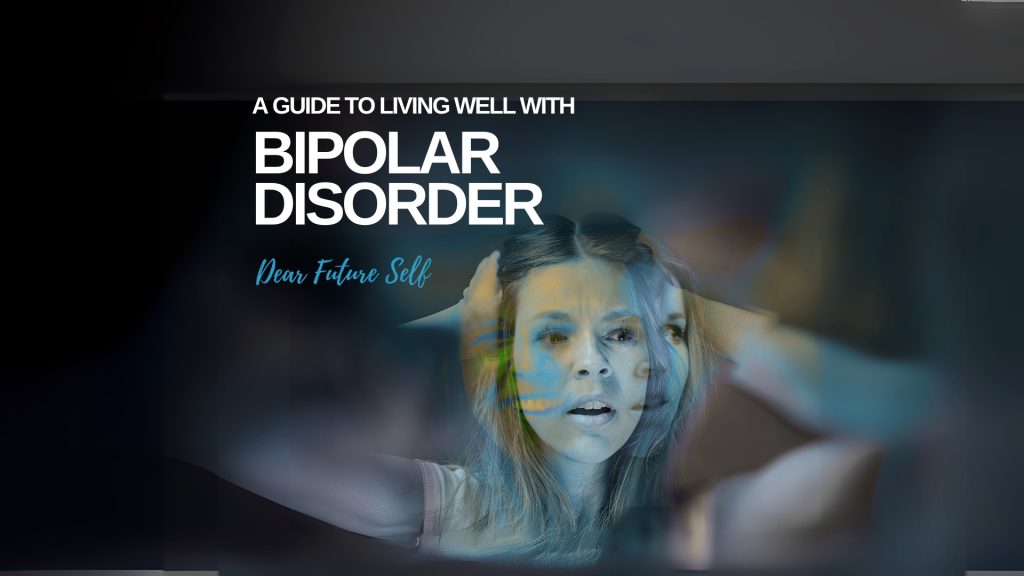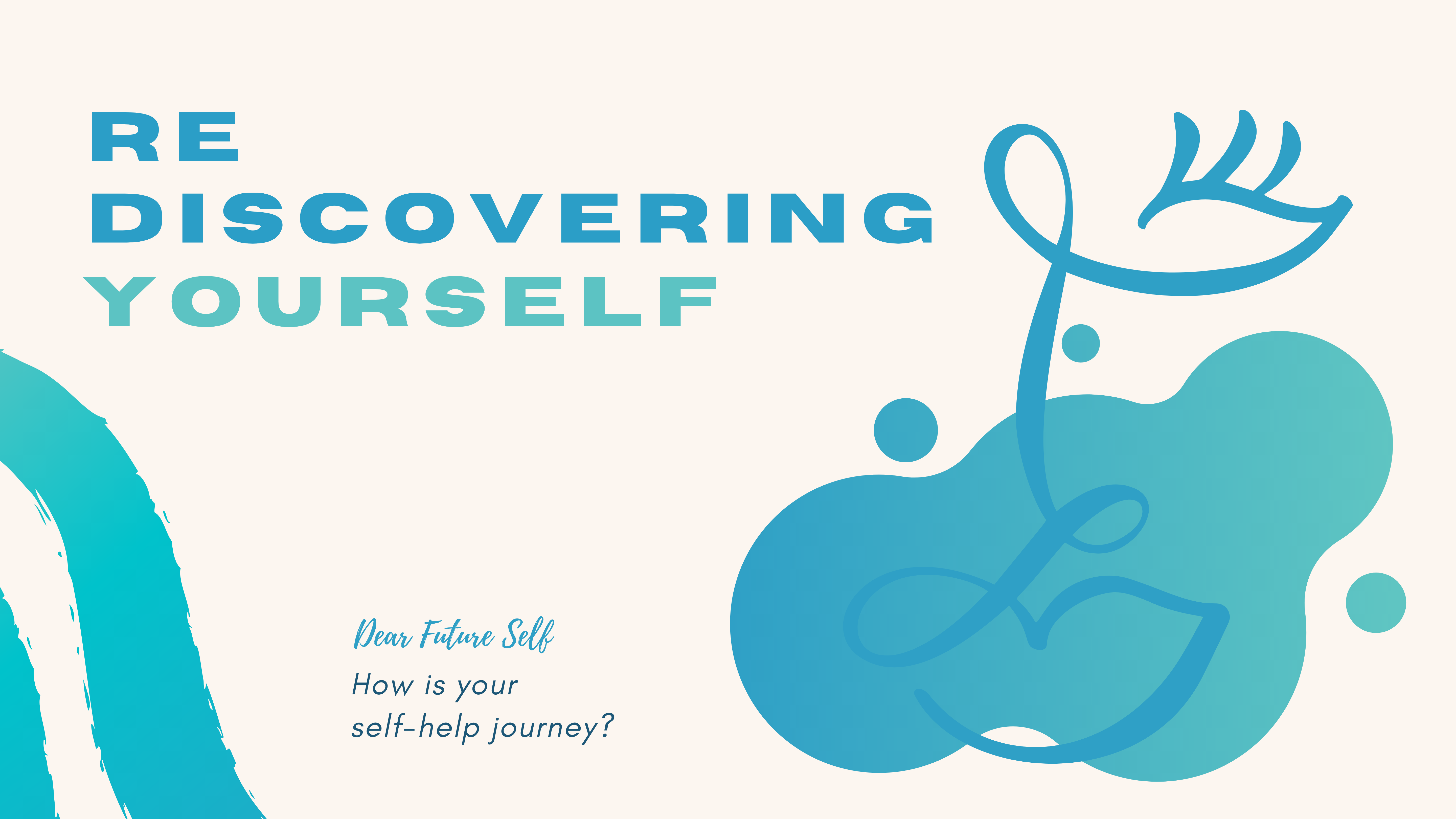
11 Jul Riding the Highs & Lows: Living w/ Bipolar Disorder
Riding the Highs and Lows: A Guide to Living Well with Bipolar Disorder
Bipolar disorder is a mental health condition that affects a person’s mood, energy, activity levels, and ability to function. It is characterized by extreme mood swings, from emotional highs (mania or hypomania) to lows (depression). These episodes are more severe than typical mood changes and can interfere with relationships, work, and daily life.
This article aims to provide a thorough understanding of bipolar disorder, how to cope with it, and where to find support, including reaching out to Dear Future Self PH, a resource in the Philippines that offers therapy and medication management.
What Is Bipolar Disorder?
Bipolar disorder is a chronic mental illness. There are several types of bipolar disorder, but the two most common are:
- Bipolar I Disorder – Defined by manic episodes that last at least 7 days, or by manic symptoms that are so severe they require immediate hospital care. Depressive episodes often occur as well.
- Bipolar II Disorder – A pattern of depressive episodes and hypomanic episodes, but not the full-blown manic episodes of Bipolar I.
Another form, Cyclothymic Disorder, involves shorter periods of hypomanic and depressive symptoms that don’t meet full diagnostic criteria but can still impact life significantly.
Symptoms
Manic/Hypomanic Episode:
- Elevated or irritable mood
- Increased activity or energy
- Racing thoughts
- Decreased need for sleep
- Inflated self-esteem or grandiosity
- Impulsivity (e.g., spending sprees, risky behavior)
Depressive Episode:
- Persistent sadness or hopelessness
- Loss of interest in activities
- Fatigue or low energy
- Sleep disturbances (too much or too little)
- Changes in appetite
- Thoughts of death or suicide
Living with Bipolar Disorder: Coping and Thriving
While bipolar disorder can feel overwhelming, many people lead fulfilling lives with proper management. Here are evidence-based coping strategies:
1. Seek Professional Help
Early diagnosis and treatment are crucial. Therapy and medication are the most effective ways to manage symptoms.
Dear Future Self PH offers both psychotherapy and psychiatric services in the Philippines. Our team is trained to help individuals with mood disorders like bipolar disorder. We provide:
- Medication management by our psychiatrists
- Individual therapy by our psychologists
- And psychoeducation for patients and families
Visit them through social media or their website to book a consultation.
2. Stick to a Routine
Establish a stable daily schedule:
- Consistent sleep and wake times
- Regular meals
- Balanced work, rest, and recreational activities
Disruptions to your routine can trigger mood episodes.
3. Monitor Your Mood
Keep a mood diary or use mental health apps to track changes. This can help you and your therapist identify early warning signs of an episode.
4. Take Medications as Prescribed
Mood stabilizers, antipsychotics, and antidepressants (with caution) are commonly used. Never adjust your medication without consulting a doctor.
5. Educate Yourself and Others
Learning about your condition helps reduce stigma and empowers you to advocate for yourself. Educating family and close friends helps them support you better.
6. Join a Support Group
Connecting with others who have bipolar disorder can reduce feelings of isolation and offer practical tips.
7. Avoid Alcohol and Drugs
These can interfere with medications and trigger episodes.
8. Practice Self-Compassion
Remember that bipolar disorder is not your fault. Celebrate your progress, however small.
Frequently Asked Questions (FAQs) About Bipolar Disorder
Q: Is bipolar disorder curable?
No, but it is highly manageable with the right treatment. Many people live full and productive lives with bipolar disorder.
Q: Can bipolar disorder be diagnosed in teens or children?
Yes, although it’s more common to diagnose in late teens or early adulthood. Early symptoms in children can be misdiagnosed, so it’s important to seek a qualified mental health professional.
Q: What triggers a bipolar episode?
Triggers vary but may include:
- Sleep deprivation
- Stressful life events
- Substance use
- Hormonal changes
- Non-adherence to medication
Q: Is bipolar disorder the same as mood swings?
No. Everyone experiences mood shifts, but bipolar disorder involves extreme and prolonged mood changes that significantly impact daily functioning.
Q: Can I still work or go to school with bipolar disorder?
Absolutely. With treatment and support, many people with bipolar disorder pursue careers, education, and personal goals successfully.
Q: How do I support a loved one with bipolar disorder?
- Educate yourself about the condition
- Offer emotional support without judgment
- Encourage treatment and help with routines
- Know the signs of crisis and how to respond
Q: Where can I get help in the Philippines?
Dear Future Self PH is a trusted mental health service provider. DFS offers therapy, psychiatric evaluation, and medication management, making mental healthcare accessible and compassionate.
Bipolar disorder is a journey, one that comes with challenges, but also with hope, resilience, and support. With the right care and mindset, people with bipolar disorder can live rich, meaningful lives. If you or someone you love is living with bipolar disorder, don’t hesitate to reach out to Dear Future Self PH for guidance and support. Healing starts with the decision to seek help.
What can you do now to help your ![]() live well with bipolar disorder?
live well with bipolar disorder?
Self-Help Corner
Seek Professional Help

Gift Certificates & Self-Care Package
Connect with Us




